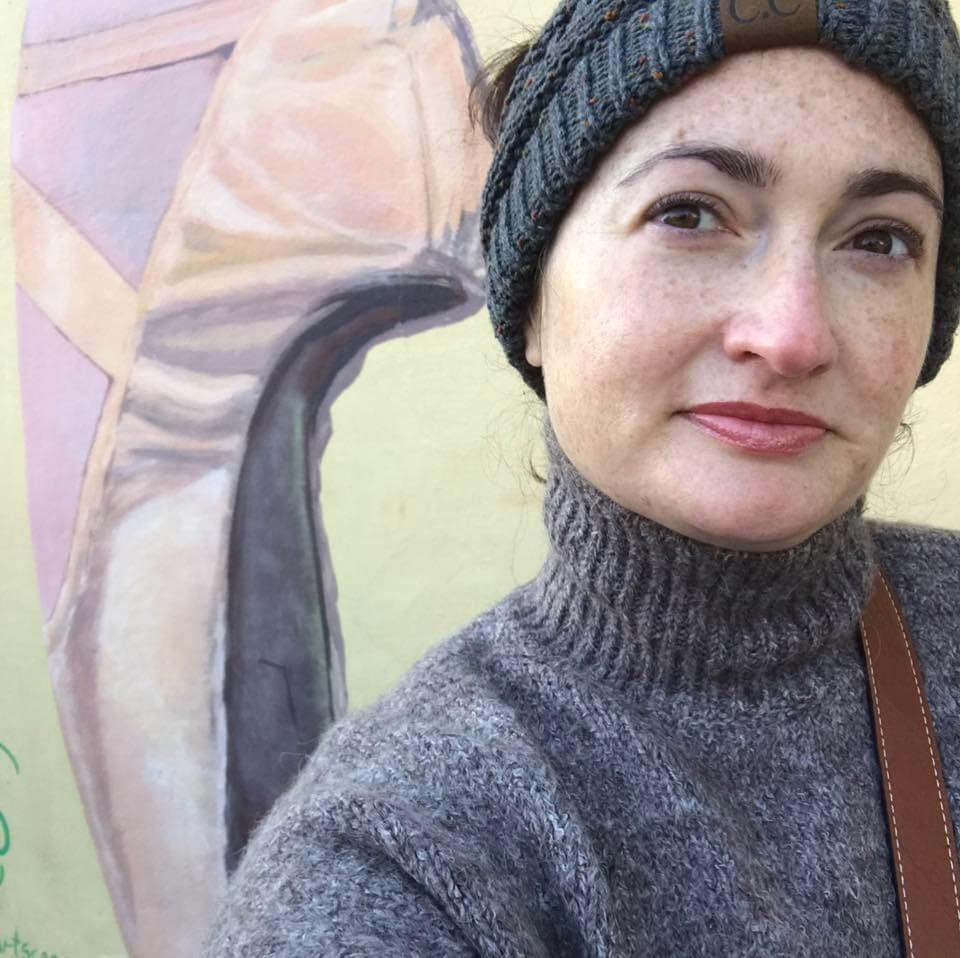Image created by Cobb County Courier using elements from a licensed account at Canva Pro
By Rebecca Gaunt
“At that time, they told us it was a paper tiger,” educator Tracey Nance said of the decision by the Georgia State Board of Education to pass a resolution against critical race theory in June 2021, at the urging of Gov. Brian Kemp.
Nance, the 2020 and 2021 Georgia Teacher of the Year, made that comment at a Friday press conference during which students expressed their frustration with state Superintendent Richard Woods’ decision last week not to approve AP African American Studies at the state level. At the time the CRT resolution occurred, Nance was serving as an ex-officio member of the state board. Though she was typically included on board matters, in this particular case, she found out about it from a reporter.
“Paper tiger” is used to describe something that seems powerful or dangerous, but is actually weak or insignificant. But Nance views Woods’ decision as an example of systemic racism, the very thing the board resolution in 2021 claimed didn’t exist in Georgia or the United States.
“When House Bill 1084 [legislation banning divisive concepts in school] then became law the next year in 2022, again we were told that this would not limit rigorous instruction and it was not going to limit voices,” she said.
Erin Crawford, a Cobb County student and Campbell High School senior, expressed her disappointment at the press conference.
“When I look at each unit from each history class I’ve taken throughout my time in primary school, and now high school, only a sliver of what we’ve learned in history class has been about African Americans or other people of color,” she said. “As an African American, I have a desire to know more about my people and our origins, and how we thrived and pushed through our many triumphs and adversities.”
Marietta City Schools does not offer the class. The Cobb County School District told the Marietta Daily Journal Thursday that despite Woods’ decision it will not pull the plug at Wheeler High School where it is piloting the course.
DeKalb County School District and Atlanta Public Schools have also announced they will move forward with offering the course despite the lack of state funds. Gwinnett County, on the other hand, had 240 students planning to take the course at six schools. A leaked internal letter informing staff the course was being pulled triggered the public backlash to the state decision.
The decision to move forward and teach the course anyway isn’t cut and dried without state approval. Not only do the districts assume the costs, without state recommendation, the course code isn’t available to be used on transcripts. That affects how it is weighted in GPA and how it is applied toward the HOPE and Zell Miller scholarships.
Instead, Woods has said that schools can use the code for the already approved state course on the subject and include material from the AP course, with community input. Unlike the AP course, which is a yearlong class, the state course Woods is pushing is only a semester. It also wouldn’t carry the same weight as an AP course when calculating GPAs.
Democratic leaders held a press conference last week at the state Capitol to denounce the decision.
According to Atlanta Journal-Constitution education reporters Maureen Downey, Josh Reyes, and Martha Dalton, the Georgia Student Finance Commission relies on the list of state-funded courses to add mandated course weight. They surmised that without Woods’ endorsement, the course will have to be listed as the less rigorous state course, due to conflicting messages from the state. The state DOE had yet to respond to requests for clarification.
Essentially students would be taking a college-level course without the usual rewards for undertaking additional rigor at the high school level.
Woods’ suggestion to local districts to seek community input regarding what the class teaches was also met with pushback.
Kirsten Fournier, a former social studies educator and teacher has a rising senior at Wheeler. [Correction: an earlier version of this story identified Fournier as a Cobb County teacher. She taught in a private school. We apologize for the error]
“It’s an AP class. We don’t hold town halls to talk about what’s in AP Biochemistry,” she said.
Sahara Prakash, a rising senior in Forsyth County, called the community input suggestion unprofessional.
“That doesn’t happen to any other class. There’s a reason why that doesn’t happen to any other class. The fact that we’re trying to mask it as something that we’re gonna allow districts to decide. We understand that this is racism. We understand that this is suppression. We understand that this is censorship,” she said.
Though Cobb said it intends to move forward with the course, Fournier is uncertain how that will look.
“His schedule is expected to have AP African American studies on it. And this week, we’ve been left uncertain if it still will, if the course content will be fully taught, or if he will get AP credit for the due rigor,” she said.
Maya Flowers-Glass, a rising freshman at Maynard Jackson High School in Atlanta, said she’s thankful that APS plans to continue offering the course.
“This AP course should be treated like every other AP. Easily accessible and fully funded,” she said.
A public exchange between Woods and Kemp last week also raised eyebrows. Following Woods’ decision, Kemp’s office penned a letter asking what went into the decision. It asked several questions, about whether the state funded the pilot program, whether the curriculum was reviewed before the pilot, why his opinion changed, and what specific parts of the class raised concerns.
Woods’ response was that the college board funded the pilot and that the state had not reviewed the material. His reason for recommending the state course over the AP course: to allow local communities to be the decision makers and provide input into the material.
Nance called the interaction “theatrics.”
“It’s harming our kids. It’s harming our future,” she said.
Fournier commented, “The state of Georgia owes it to all their students, like my son and his little brothers, to offer every opportunity possible to prepare them for school and life. But as [historian] James Lowen said, ‘The antidote to feel-good history is not feel-bad history, but honest and inclusive history’ so we know better and do better.”

Rebecca Gaunt earned a degree in journalism from the University of Georgia and a master’s degree in education from Oglethorpe University. After teaching elementary school for several years, she returned to writing. She lives in Marietta with her husband, son, two cats, and a dog. In her spare time, she loves to read, binge Netflix and travel.
